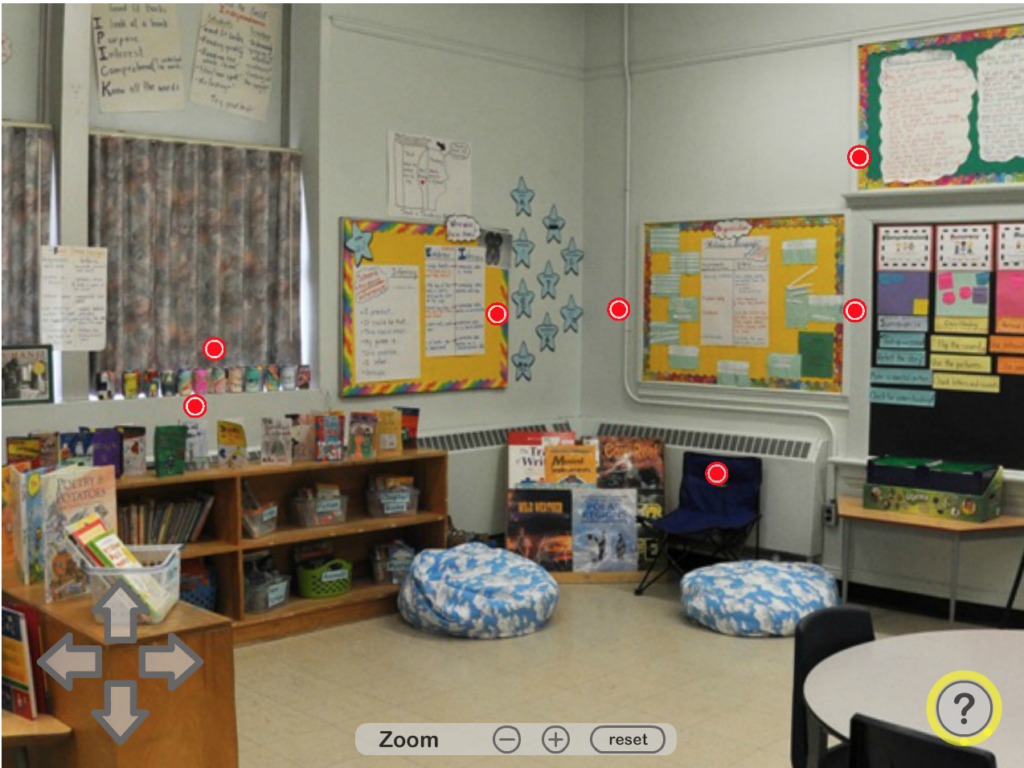
Approaches to early literacy have varied across geographical and programmatic contexts. While there is a general agreement on the skills that should be included in early literacy programs (e.g., phonemic awareness, vocabulary) (Castles et al., 2018; NRP, 2000), the emphasis on these skills and how they are integrated into early primary grades have differed. Documenting teachers’ perspectives of literacy instruction in the early primary grades is critically important to the maintenance of quality education. It is particularly important, to the state of the teaching profession, to explore divergent voices from alternative learning environments. The main objective of this study is to examine local and international perspectives and practices of instructional approaches to early literacy. Read more about this ongoing project here.

This Social Sciences and Humanities Research Council-funded project takes a three-pronged approach to generate critical insights into the role of the Internet in teachers’ literacy professional development in Canada through: analyzing web metrics and visitor logs of two high-traffic literacy-oriented PD websites, surveying teachers across Canada about their self-directed online learning experiences, and examining the online behaviours and thought processes of a sample of teachers from across Canada as they engage in self-directed online learning in the context of literacy education. Read our summary report. Details on each study phase can also be accessed here.

This study used eye tracking methodology to examine how elementary teachers at different stages of their career study a visual graphic of reading development (called the reading pyramid) and accompanying text, and whether particular eye movement patterns affect what they learn. While exploratory in nature, preliminary findings suggest that experienced teachers exhibit eye movement patterns that are more conducive to learning about reading development. Read more.

This study examines elementary teachers’ perceptions of reading development and instruction from a group of elementary educators enrolled in a targeted PD course. The course, known for its systematic, sequential, and multisensory one-on-one remediation, aims to close the gap for students who are reading below grade level and give them the skills they need to achieve academic success. Read more.

Through a series of studies, this area of research explores methodologies for understanding teacher learning. Through eye tracking technology, the virtual revisit think aloud, and web analytics we aim to further understand how teachers self-direct their learning in literacy-oriented online and multimedia spaces. Read more.

In collaboration with Dr. Ben Bolden from Queen’s University, this work explores how music and literacy can be integrated to support teachers’ professional learning and classroom practice. We have explored critical literacy practices during music listening, teaching vocabulary through word painting, and how music notating and rhythm can support reading fluency. Our work will continue with the support of a SEED grant from Queen’s University. Read More.

Part of a larger SSHRC-funded project and in collaboration with Drs. Rhonda Martinussen and Dale Willows from the University of Toronto, this work examined how virtual tour technology can be used in teacher education programs to bridge the gap between what teacher candidates learn in their literacy education coursework and what they view in their practicum settings. Read more.

In collaboration with Dr. Yiola Cleovoulou from the University of Toronto, this work examines how early years and elementary teachers teach critical literacy within inquiry-based classrooms. Through this work, our goal is to share effective ways to incorporate critical literacy practices into early years and elementary classrooms.